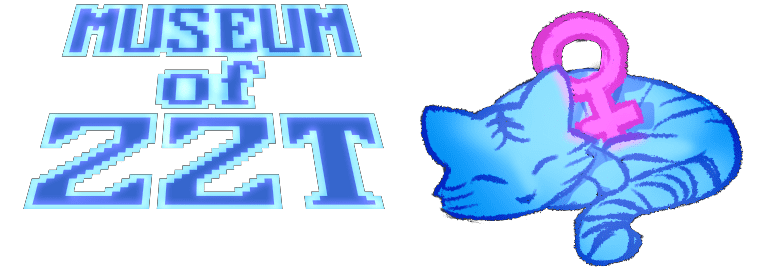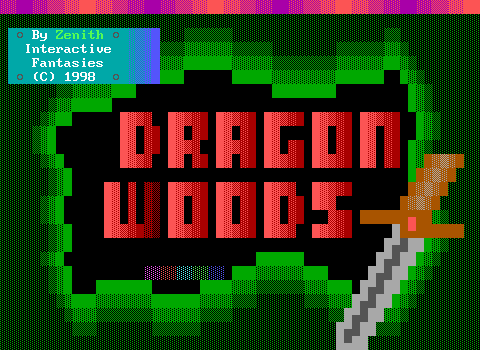I met a traveller from an antique land
Who said: Two vast and trunkless legs of stone
Stand in the desart. Near them, on the sand,
Half sunk, a shattered visage lies, whose frown,
And wrinkled lip, and sneer of cold command,
Tell that its sculptor well those passions read
Which yet survive, stamped on these lifeless things,
The hand that mocked them and the heart that fed:
And on the pedestal these words appear:
"My name is Ozymandias, king of kings:
Look on my works, ye Mighty, and despair!"
Nothing beside remains. Round the decay
Of that colossal wreck, boundless and bare
The lone and level sands stretch far away.
Trybe is an interesting, multifaceted game.
On one hand, it's a fairly simple, pared down 4X game, giving it a feel similar to board games like Risk or Settlers of Catan. The numbers you work with are small enough that you feel like you're always on the edge of precarity -- one unexpected setback could cost you your run -- and the tension is heightened by the time limits for each level. If you aren't making risky decisions, then you won't succeed in the grand scheme of things. Overall, it succeeds at being a good game on its own merits, rather than just coasting on its novelty of being in an unconventional genre for ZZT.
On the other hand, this game highly and intentionally ideological. One of the core messages of the game is that the very practices that allow a civilization to survive, thrive, and grow in population will paradoxically maintain (or increase!) the precarity of said civilization by virtue of the selfsame growth. The is reflected in the mechanics of the game itself, where an unexpected famine might force you to restructure your entire society (or send it into a death spiral), regardless of how far you have progressed. Moreover, the final stage of the game muddles the simple morality that your society has operated under up to that point, as your people become capable of conquest and exploitation. In the end, while the game doesn't provide any answers for the questions it raises, it is nonetheless very clear about the kinds of questions it wants you to be asking yourself. It strikes the balance between being instructive and thought-provoking with its take on ecological fatalism, rather than being trite and pedantic about it like many other works end up being.
This gets a solid recommendation from me.

